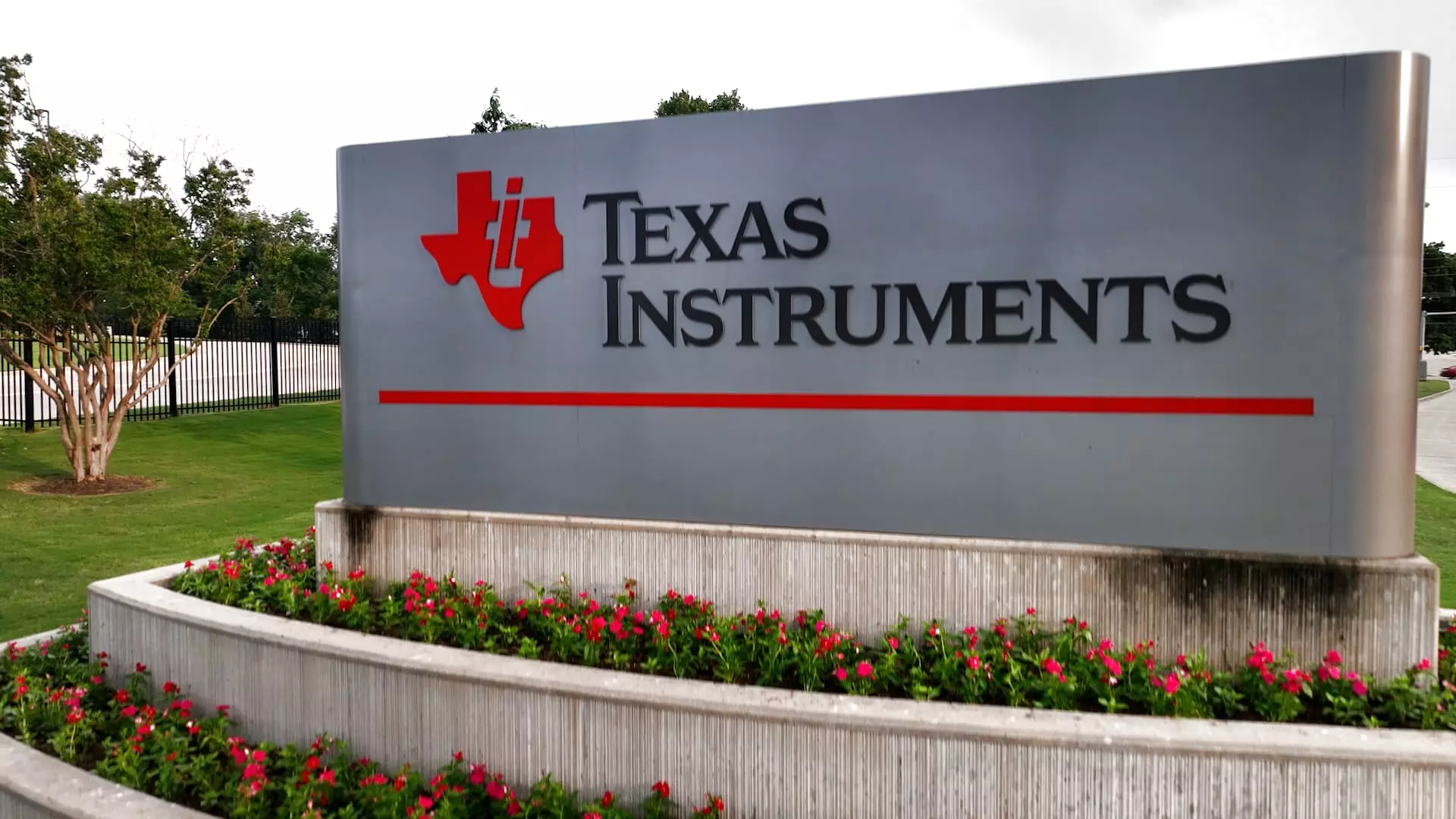As trading volumes increase and investors remain vigilant, several companies are making waves in the midday trading session. From surprising gains to unexpected downturns, the market’s pulse reflects shifting investor sentiments and broader economic trends. In this article, we’ll explore the significant stock movements of various companies, showcasing how their quarterly performances shape market expectations and influence trading decisions.
Verizon Communications, a cornerstone of the American telecommunications sector, saw its stock elevate by 1.3% in midday trading. The company’s latest quarterly report revealed a remarkable growth in wireless subscribers, marking its strongest performance in five years. This surge can be attributed to the increasing demand for tailored offerings such as the innovative myPlan. With reported earnings hitting $1.10 per share, it aligned perfectly with analysts’ expectations. Verizon’s proactive approach in enhancing customer satisfaction and expanding its service portfolio bodes well for its future prospects, suggesting that a fundamentally solid company is navigating successfully through a competitive landscape.
In a striking move, shares of Danish pharmaceutical giant Novo Nordisk skyrocketed over 8%, reflecting investor enthusiasm surrounding its developmental pipeline. The company announced positive results from an early-stage trial of its amycretin drug aimed at obesity management. This breakthrough underscores the growing importance of addressing obesity as a critical health challenge while also signaling the potential for substantial revenue growth. In an era where health awareness is rising, Novo Nordisk positions itself favorably with the promise of impactful solutions that resonate with public health priorities and shareholder interests alike.
Twilio, the prominent cloud communications platform, witnessed an impressive share price increase of 22% following an investor event where it unveiled a bullish forecast. By projecting an adjusted operating margin that could soar to 22% by 2027, Twilio managed to capture investor confidence, prompting Baird to upgrade its rating from neutral to outperform. This evolution indicates a robust strategy geared toward sustainable growth and profitability, particularly as businesses increasingly embrace cloud-based communication solutions. Such optimism opens avenues for Twilio to expand its market share, potentially positioning it as a leading player in the evolving tech landscape.
In stark contrast, telecommunications company Ericsson’s U.S.-listed shares plummeted by 14% after the release of disappointing fourth-quarter results. The adjusted EBITA of 10.25 billion Swedish kroner fell short of the anticipated 10.69 billion Swedish kroner as estimated by analysts, revealing pressure within the company’s operational framework. This miss highlights the challenges that companies face amid a rapidly evolving sector and emphasizes the critical nature of meeting or exceeding expectations set in a competitive market environment.
The transportation sector reflected challenging times with CSX’s shares declining by 2.6% as it reported fourth-quarter revenues that fell short of expectations. The company’s struggles were largely driven by a reduction in fuel surcharge revenues and coal sales. Similarly, CF Industries faced a 7.4% drop following a downgrade from JPMorgan, which raised concerns over increasing natural gas prices potentially impacting future earnings. Both cases illustrate how external market factors, such as commodity prices and consumer demands, can dramatically shape the financial performance of well-established companies.
The medical equipment sector also faced some turbulence, with Intuitive Surgical’s shares dipping 3.5% after a cautious profit margin forecast for 2025. Conversely, American Express experienced a modest decline of 2% despite a strong fourth-quarter performance that met analyst expectations. These fluctuations reveal the duality of market reactions to forecasted performance versus historical results, emphasizing how investors often anchor their decisions on anticipated future profitability in conjunction with current achievements.
The midday trading landscape offers a vivid snapshot of the ongoing tensions between expectations and reality in the market. Companies like Verizon, Novo Nordisk, and Twilio are riding waves of optimism, while others like Ericsson and CSX face the aftermath of unmet expectations. As investors navigate these currents, the importance of staying informed and adaptable becomes paramount, highlighting both the opportunities and risks inherent in today’s dynamic market.

